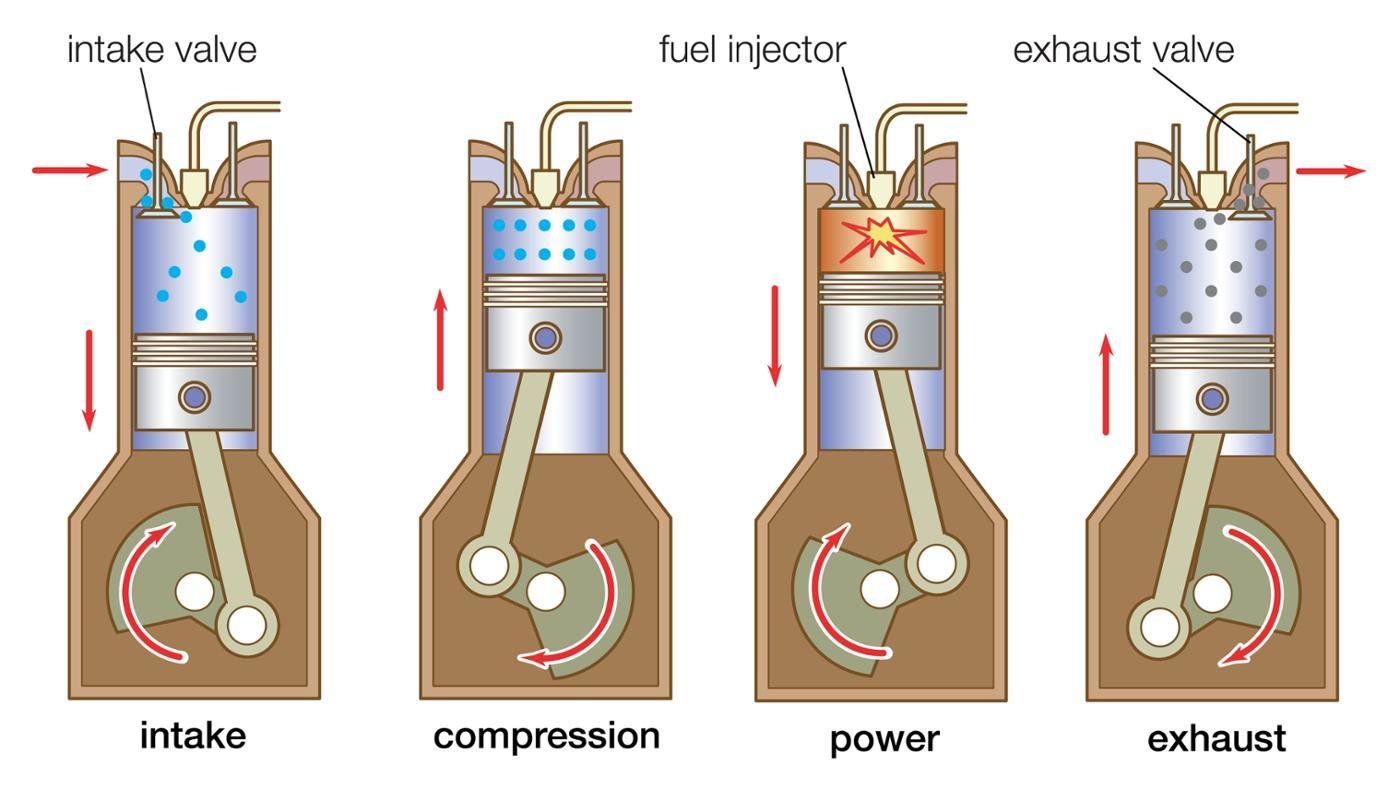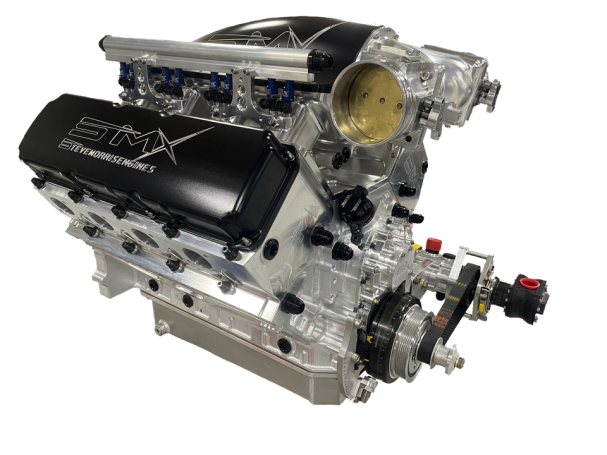A Complete Guide to Choosing the Right Engine for Your Project
Choosing the proper engine for your job is a vital decision that can considerably impact its overall success. It is important to diligently specify your project needs, review performance demands, and consider user-friendliness alongside other vital variables. Furthermore, understanding the neighborhood assistance readily available and scrutinizing price implications can better refine your selection. Each of these aspects plays a pivotal role in guaranteeing that your chosen engine not just meets immediate objectives however likewise lines up with lasting ambitions. As we explore these factors to consider, you might locate that the nuances of each element expose more than initially expected.
Specify Your Project Requirements
Specifying your job needs is a vital step in selecting the appropriate engine for effective execution. A comprehensive understanding of your project's purposes will certainly guide you in determining the abilities and attributes called for from an engine. Begin by detailing the extent of your job, consisting of the wanted capability, target audience, and the specific end results you intend to accomplish.
Next, think about the technological needs that straighten with your project goals. This consists of evaluating the compatibility of the engine with existing systems, as well as the programming languages and structures that will certainly be utilized. In addition, assess the degree of scalability required to fit future development or adjustments popular.
Spending plan constraints also play a crucial duty in specifying your task requires. Develop a clear economic structure to assist your decision-making procedure, making certain that the engine selected fits within your budget while supplying the needed performance.
Evaluate Efficiency Demands

Engines that support straight scaling are frequently more effective for larger applications. Furthermore, assess the engine's performance under different conditions, such as peak use circumstances, to ensure it fulfills your integrity requirements.
Think About Simplicity of Use
While technological specs are important, the simplicity of use of an engine can substantially affect the growth procedure and total job success. An user-friendly user interface, clear paperwork, and streamlined workflows can substantially reduce the learning contour for designers, enabling them to focus on creative thinking and problem-solving instead of grappling with complex tools.
When reviewing an engine's convenience of use, think about the onboarding experience. A well-structured introduction, complete with tutorials and sample tasks, can facilitate a smoother shift for new customers. Furthermore, the clearness and comprehensiveness of the engine's paperwork play an important function; detailed guides and API references can empower programmers to repair and apply features successfully.
An additional aspect to think about is the engine's personalization capacities. An engine that enables very easy modifications can be extra straightforward, as developers can tailor it to fit their details demands without comprehensive inconvenience. Assess the operations combination with systems and devices you already utilize. A natural ecosystem can improve productivity and minimize rubbing throughout the advancement process. Inevitably, selecting an engine that prioritizes convenience of use can bring about a more productive and satisfying advancement experience.
Assess Area and Assistance
The stamina of an engine's neighborhood and support network can greatly influence a programmer's experience and success. When evaluating an engine, consider the size and activity level of its area.
Additionally, evaluate the schedule of official assistance channels. Reputable documentation, responsive client support, and normal updates are necessary for addressing technological issues and maintaining your task on the right track. Engines For Africa. Active neighborhoods also promote collaboration, providing possibilities for networking and responses, which can be indispensable, especially for independent programmers or tiny teams
Additionally, investigate the visibility of community-run events, such as hackathons or meetups. These gatherings can enrich your understanding of the engine while connecting you with experienced individuals and possible collaborators. In summary, a durable area and assistance system not just enhance development but also develop an atmosphere for discovering and pop over here innovation, ultimately boosting the possibility of your job's success.
Compare Cost and Licensing Alternatives
Budget factors to consider play an essential function in selecting the ideal engine for your job, as the cost and licensing choices can considerably impact both temporary costs and long-lasting practicality. Engines For Africa. Various engines supply differing prices structures, which can include one-time acquisition costs, subscription models, or revenue-sharing agreements based upon your job's profits

Licensing options additionally vary substantially. Some engines are open-source, using versatility and community-driven support, while others may need proprietary licenses that limit usage and distribution. Recognizing the implications of each licensing model is important, as it impacts possession rights, future scalability, and potential internet legal commitments.
Final Thought
In final thought, picking the proper engine for a project demands a detailed analysis of defined task requirements, performance requirements, simplicity of usage, community assistance, and expense considerations. By systematically resolving these crucial factors, decision-makers can make certain alignment with both future and present job demands. A knowledgeable choice ultimately improves the probability of job success, enabling efficient source allowance and making best use of prospective results within the defined monetary restraints.
Picking the appropriate engine for your task is an essential choice that can dramatically impact its overall success.Defining your project requires is an essential step in picking the ideal engine for effective application. A thorough understanding of your project's purposes will certainly direct you in recognizing the features and abilities required from an engine.Once you have a clear understanding of your job needs, the following action is to assess the performance demands of the engine.In verdict, choosing the appropriate engine for a job necessitates a comprehensive analysis of specified project requirements, performance needs, convenience of use, neighborhood assistance, and expense factors to consider.